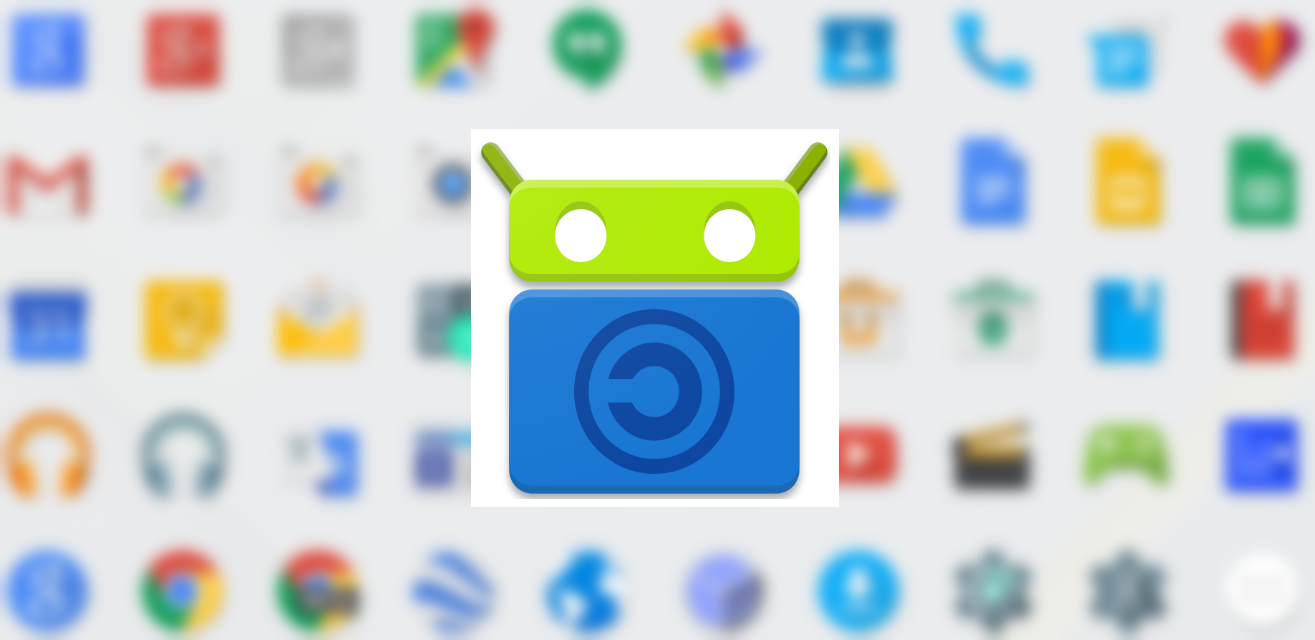
Contents

Sign in to your Android Police account
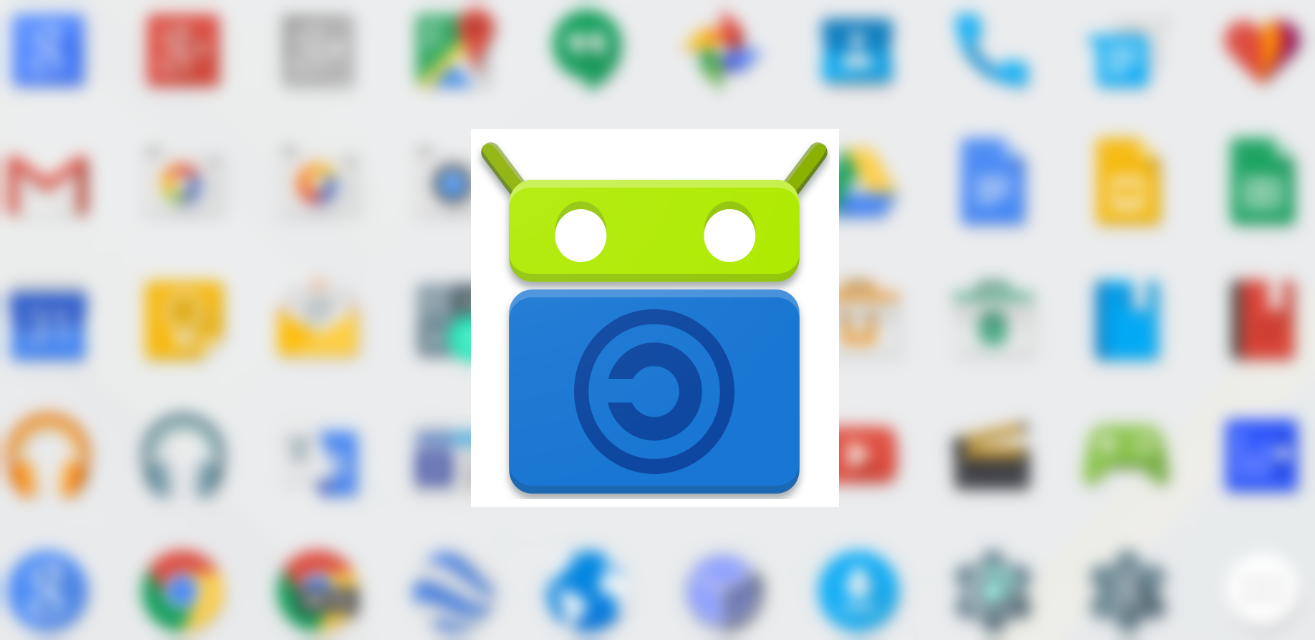
Summary
- F-Droid is adopting Google’s Material Design 3 and edge-to-edge display for a more modern look.
- Edge-to-edge layouts are expected to be made mandatory by Google with Android 16.
- The app maintains its iconic blue-and-white branding while keeping ahead of Google’s upcoming changes.
The leading, and arguably best, open-source app store on Android is getting a visual refresh. F-Droid will adopt Google’s Material Design 3 framework and embrace edge-to-edge screen layouts in its upcoming 1.23.0 release.
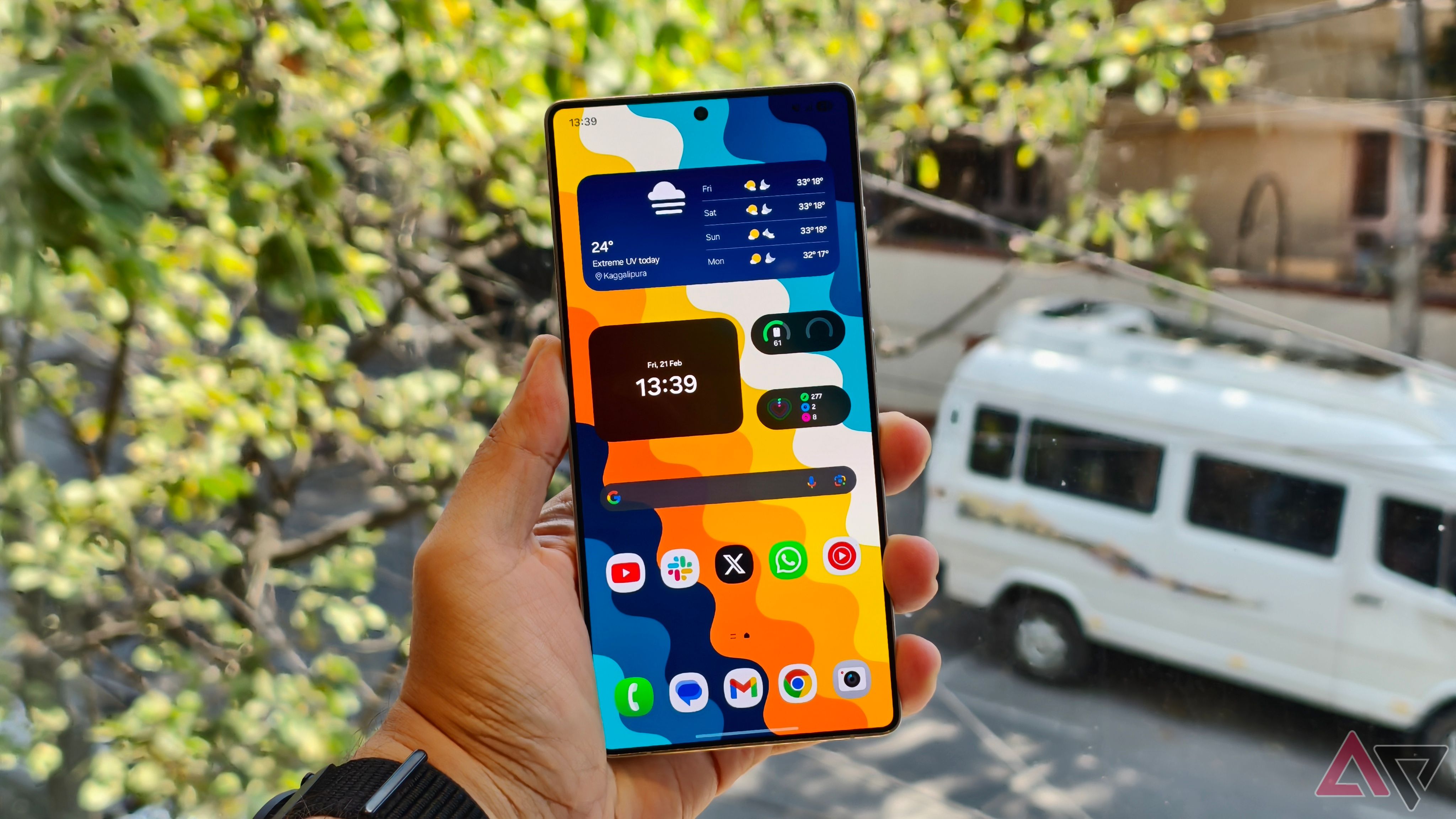
Related
The redesign was announced on the F-Droid blog. Contributor proletarius101 led the redesign effort with an eye towards keeping the changes minimal to ensure a smooth merge. F-Droid has stuck to a utilitarian look for years, reminding us more of an app from 2014 than a modern app store. That’s about to change.
Modern Android styling comes to the open source market
Source: F-Droid
Android’s latest Material 3 design emphasizes rounded elements, cleaner spacing, and updated typography. It also shifts to an edge-to-edge layout and removes padding from the top and bottom of the display for a more immersive presentation. Google Chrome went edge-to-edge earlier this month.
Google is also expected to make edge-to-edge layouts mandatory in Android 16, so F-Droid’s update is timely. Many developers have already begun preparing for the change. The fact that an open source project like F-Droid is getting ahead of this curve is notable.
The team didn’t give up all of F-Droid’s iconic style, however. It stuck with the app’s traditional blue-and-white branding instead of Android’s more dynamic pastel colors, for now. They said they left the door open to implementing dynamic theming in future releases, but have no immediate plans to do so.
A fresh coat of paint in time for Google I/O
Google is expected to unveil a new ‘Material Design Expressive’ design language at this year’s I/O. This is said to be the next evolution of Android UI styling. It is unknown if F-Droid will adopt any of those future enhancements, but at least this update brings the app closer to Android’s current design baseline.
Most users, however, won’t notice drastic changes. The update improves visual consistency to help align the app to future Android versions. It does not change the Free Open Source Software (FOSS) marketplace, although it’s a great example of how even lightweight, open-source apps can evolve with the Android platform.
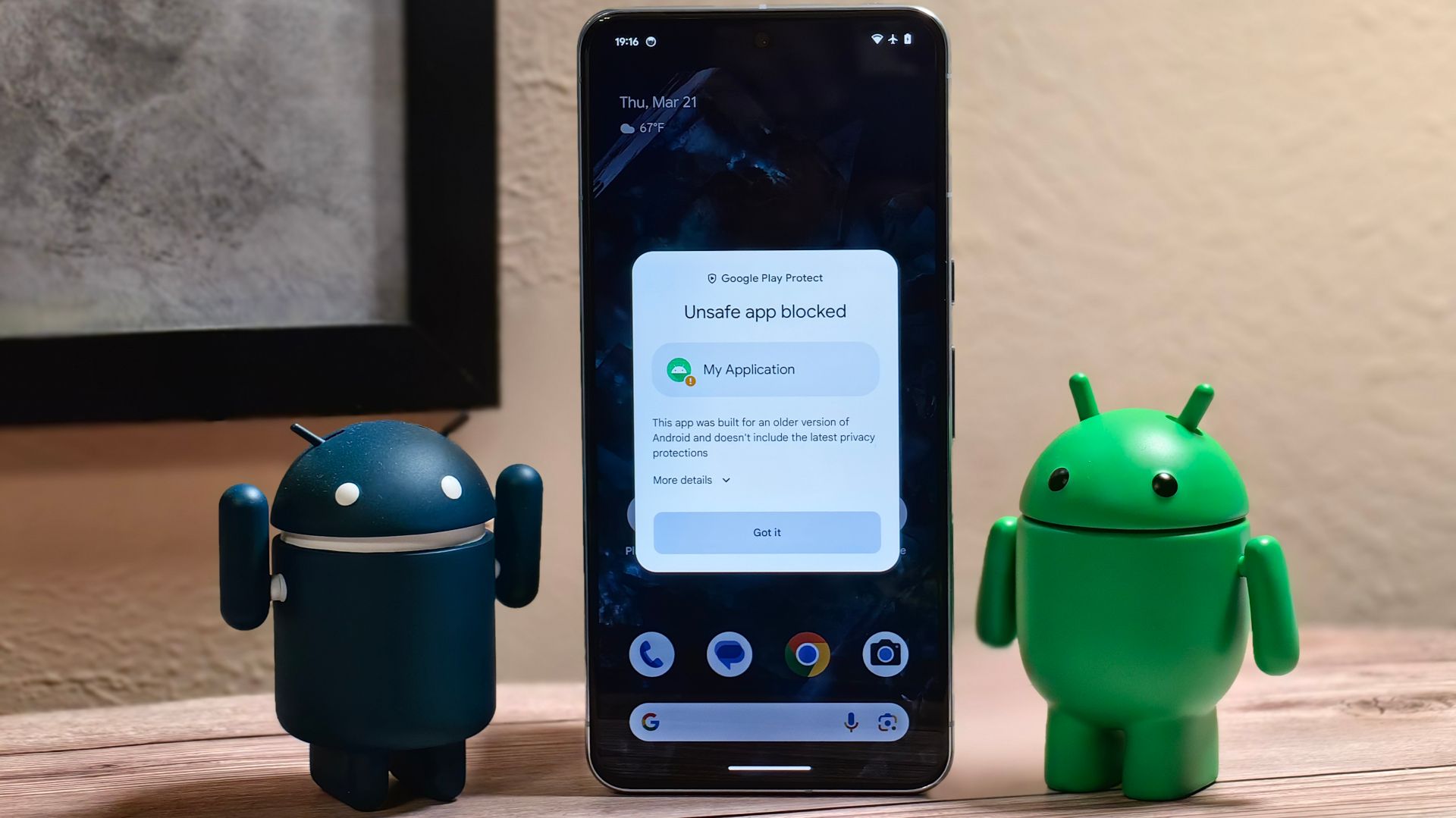
Related
Android 15 sideloading restrictions are a raw deal for users
While the new sideloading restrictions enhance security, they also limit legitimate use cases
What’s your reaction?
Love0
Sad0
Happy0
Sleepy0
Angry0
Dead0
Wink0
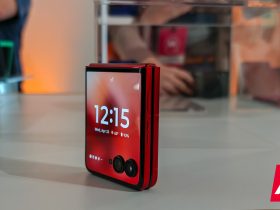
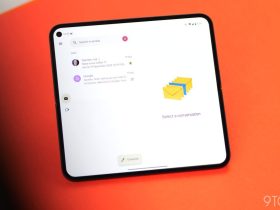





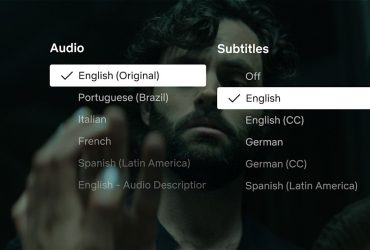
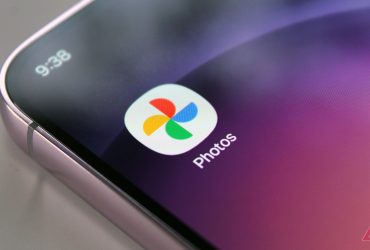

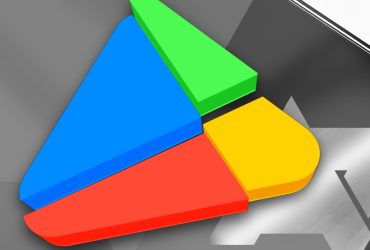
Leave a Reply
View Comments